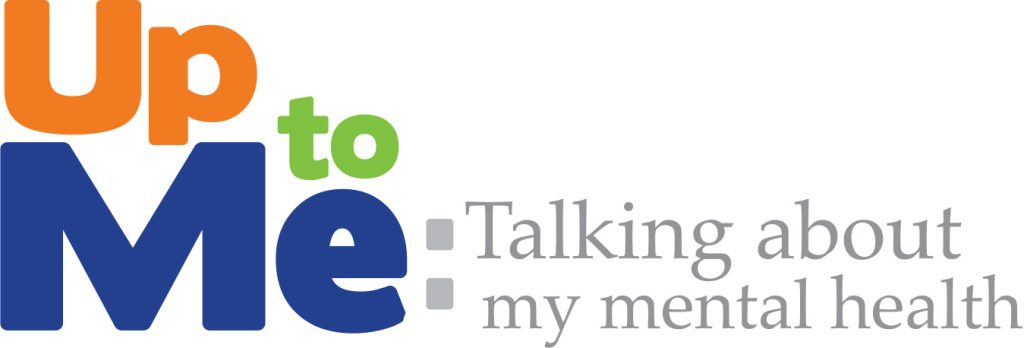
What is Up to Me & Up to Us?
The Up to Me Program is designed for individuals with mental health, substance use and/or other challenges and the Up to Us Program is designed for the individuals’ parents, caregivers, and loved ones. Both programs help individuals share their stories in a way that is empowering and hopeful, while also working to eliminate the stigma surrounding mental health and substance use challenges.
Both programs support participants in:
- Considering the tone of their internal narrative.
- Exploring the costs and benefits of disclosing their personal story.
- Learning strategies for disclosure.
- Crafting a message that best reflects their personal goals.
These evidence-based programs are being used worldwide across various populations and age groups. Each includes a manual for facilitators and a workbook for participants. Beyond the curriculum, the programs provide a framework for making disclosure decisions – whether for oneself or in support of others. Key concepts of the framework include:
The Story We Tell Ourselves
Recovery begins when we recognize a possibility for improving our situation and take the first step toward exploring options. Along this nonlinear path, we gain wisdom for our lives. How others have defined and treated similar challenges shapes our understanding of our experiences and ourselves. We can identify and change hurtful self-beliefs shaped by stigma by recognizing harmful self-talk, considering its impact on ourselves and others, and countering it with realistic, hopeful self-talk.
Benefits and Costs of Disclosure
How we talk about our experiences influences both our self-perception and others’ perceptions of us. It can also open or block doors to support, connection, and being recognized for our strengths. We make daily decisions about if, when, and how to disclose. The pros and cons of sharing vary by situation and person. Knowing our goals for disclosure – such as being understood, accepted, obtaining accommodations, or supporting others – helps guide those decisions.
Points to Consider When Deciding About Disclosure
We can look for qualities in others that indicate whether they will help us meet our goals when we disclose. Sometimes we test others’ responses before sharing. Options include disclosing, not disclosing, or postponing the decision. Moving from isolation may involve selecting one person, a small group, or speaking publicly for advocacy.
If the Decision Is to Disclose
Disclosure often happens in small segments over time, always with control over how much (if any) information is shared. When crafting one’s story, participants are encouraged to share strengths developed through challenges and recovery. If you decide to share your story, the Up to Me and Up to Us programs provide a comfortable, safe, non-judgmental environment to set your goals and make disclosure decisions that fit your needs. One of the greatest benefits of these programs is that you are not alone on this journey.


